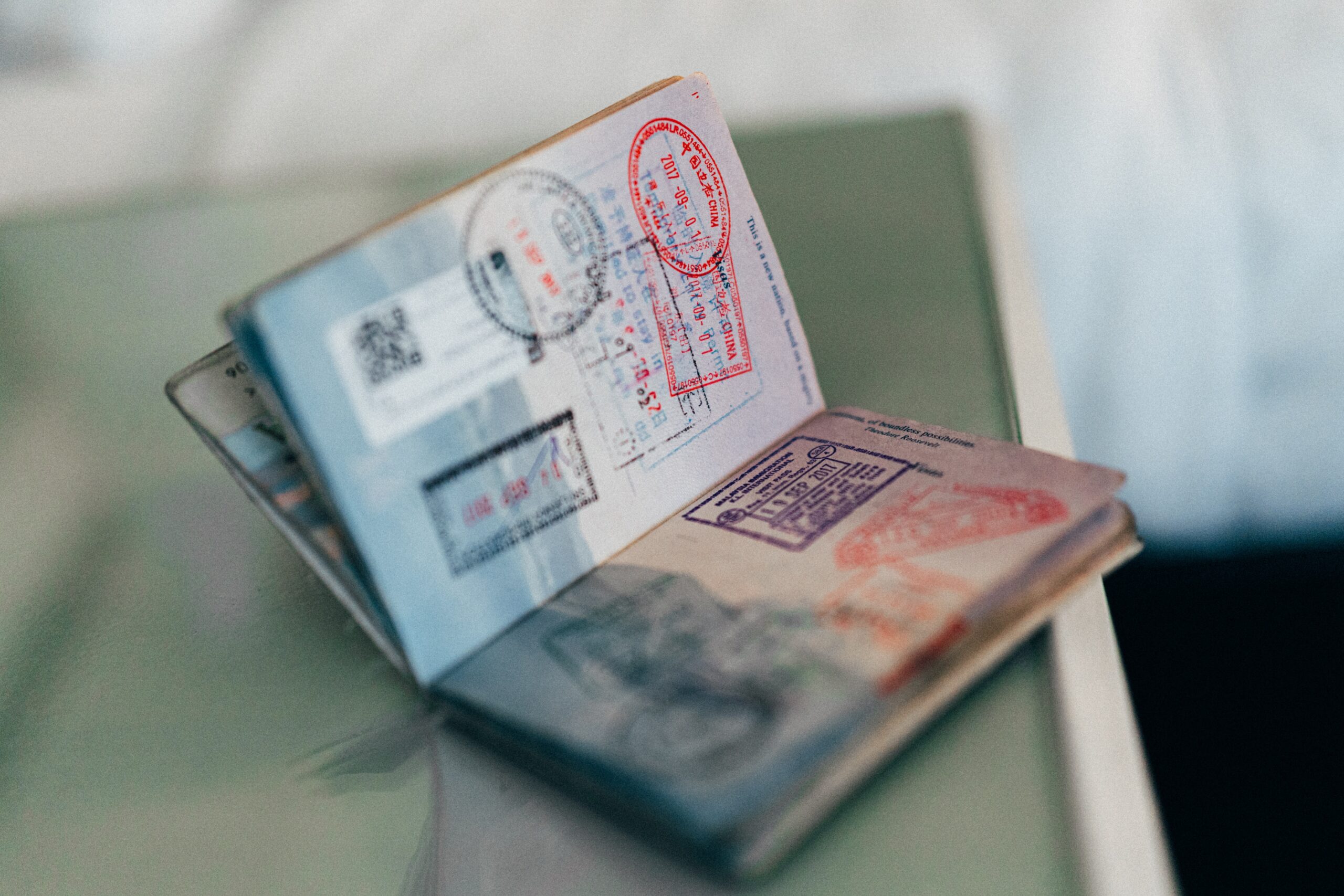
Kazakhstan and EU begin visa facilitation talks
Kazakhstan and the European Union have agreed to officially launch talks on facilitating the visa regime for Kazakh citizens who wish to travel to the Schengen Area, the bloc of 26 European countries that have abolished internal border controls.
The agreement was reached on Monday in Brussels, following a meeting between the Minister of Foreign Affairs of Kazakhstan, Murat Nurtleu, and the EU Commissioner for Home Affairs, Ylva Johansson, according to a statement from the Ministry of Foreign Affairs of Kazakhstan.
The statement said that Minister Nurtleu informed Commissioner Johansson about the country’s policy and reforms in the field of migration and border management, and stressed the absence of migration risks to the EU from Kazakhstan.
He also highlighted the measures that the country has taken to combat irregular migration, human trafficking, and terrorism, and to enhance the security of travel documents and biometric data.
Minister Nurtleu further expressed the interest of Kazakhstan in deepening the cultural and humanitarian exchange with the EU, and in expanding the opportunities for business, education, tourism, and people-to-people contacts.
He asked the EU to consider reducing the number of documents required for applying for a Schengen visa, as well as increasing the issuance rate and the validity period of the visas.
Commissioner Johansson welcomed the initiative of Kazakhstan to start the dialogue on visa facilitation, and said that the EU is interested in further strengthening the mutually beneficial cooperation with Kazakhstan.
She also praised the country’s efforts in implementing the reforms and modernizing its legislation and institutions, and said that the EU is committed to supporting Kazakhstan in this process.
She added that maintaining a consistent cultural and humanitarian exchange is a crucial part of the strategic partnership between the EU and Kazakhstan, which is based on the Enhanced Partnership and Cooperation Agreement (EPCA) that entered into force in 2020.
The EPCA is the first of its kind that the EU has concluded with a Central Asian country, and it covers a wide range of areas, including political dialogue, trade, energy, transport, environment, climate change, education, culture, and human rights.
The EU and Kazakhstan also held their 20th Cooperation Council meeting on October 23 in Luxembourg, where they discussed the implementation of the EPCA and the cooperation priorities for the next seven years.
The Council welcomed the setting up of a dialogue on visa facilitations under the EU Visa Code, and discussed the next steps to advance the negotiations. It also reaffirmed the commitment of both parties to deepen and widen their cooperation, and to realize the full potential of the EPCA.
Kazakhstan has unilaterally introduced a visa-free regime for all citizens of the EU in 2017, as part of its efforts to enhance its relations with the bloc and to promote its image as a modern and open country.
On the other hand, citizens of Kazakhstan still need to apply for a Schengen visa in order to enter the bloc, and they need to submit several documents and pay a fee of 80 euros.
According to the statistics from the European Commission, the EU issued 105,282 Schengen visas to Kazakh citizens in 2020, with a refusal rate of 3.6 percent.
The visa facilitation talks between the EU and Kazakhstan are expected to result in a bilateral agreement that will simplify the visa application process and reduce the costs and waiting time for Kazakh citizens.

